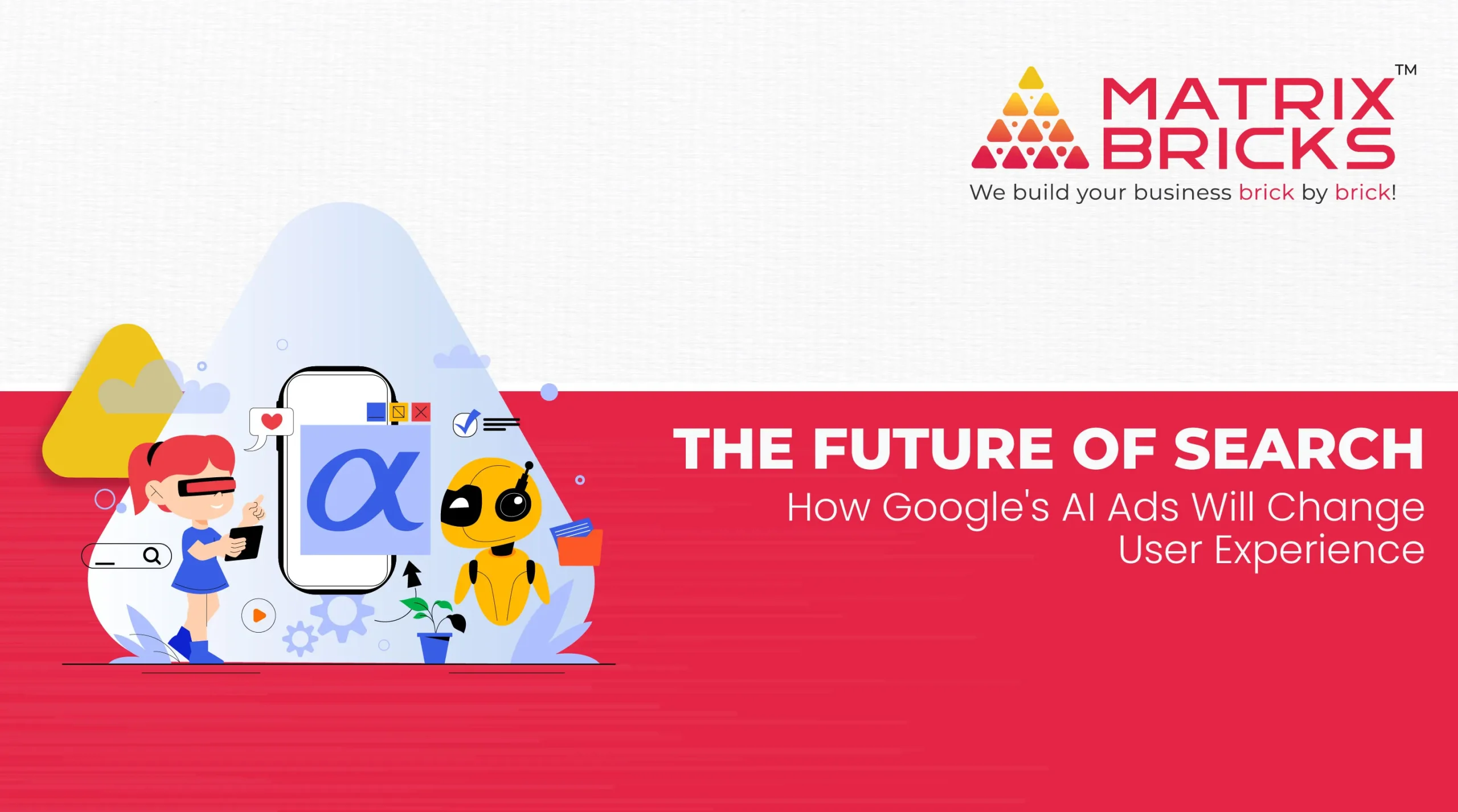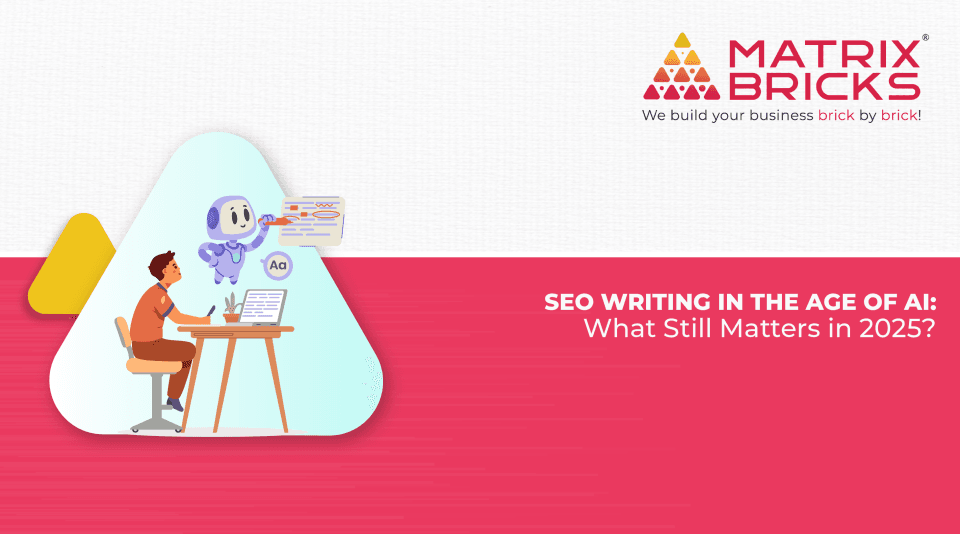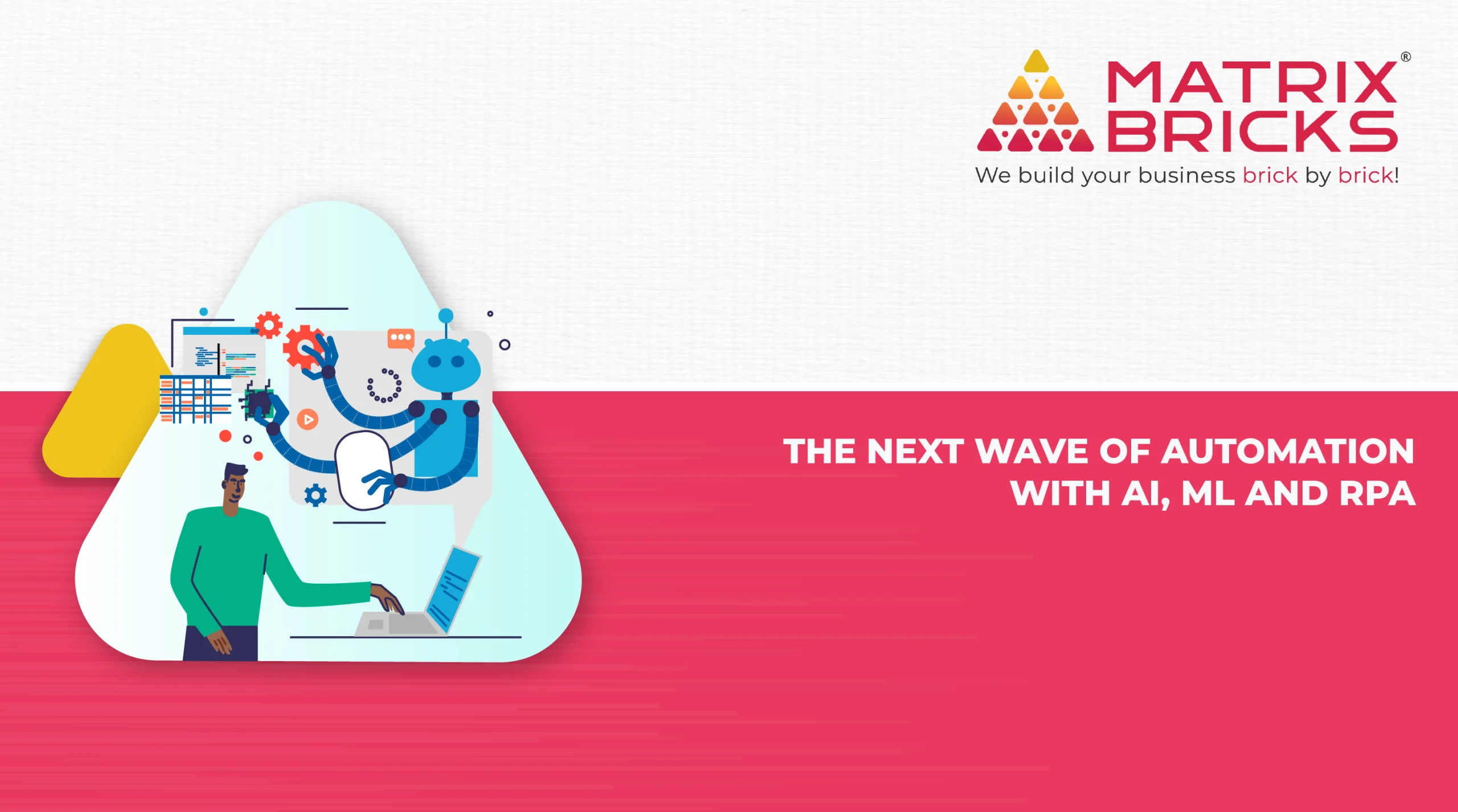
Advancements in technology have seen digital marketing evolve the way businesses communicate with audiences. One of the most significant shifts lately in the advertising world has been the global use of artificial intelligence. In this space, Google ad services are taking the lead by crafting more intelligent and personified advertisement experiences through the use of AI. This blog will explore how AI-driven Google ad services change the user experience, what this means for businesses, and broader implications for digital marketing.
What is AI-Driven Google Ad Services?
It includes a set of tools to aid businesses in the creation, management, and optimisation of online ads. AI made these services smarter by adapting to the user’s behaviour and preferences. AI algorithms analyse vast amounts of data to determine the type of ads more likely to capture users and turn them into customers.
How AI Is Changing Google Ad Services
1. Increased Personalisation
AI makes sure that Google Ad Services can deliver the most personalised ad experience possible. Through examining the user behaviour, search history, and interaction patterns, AI can determine what content of which ad will work the best for everyone. For this reason, it’s no longer one type of generic ad but rather fits very unique interests and needs of the user.
For instance, in case an individual seeks green products, AI will ensure that the advertisements he or she sees are aligned with sustainable brands and offers. It enhances personalisation and, as such, creates a possibility of engagement and conversion, thereby making advertisement campaigns work more effectively.
2. Smarter Targeting and Segmentation
Traditional ad targeting relies on demographics and broad categories. AI, however, enables it to move beyond simple demographics and instead derive from behavioural data and real-time user activity. It can identify patterns that human marketers may miss, and companies can target users with greater accuracy in their sights.
This allows a Google Ads professional to create campaigns focused on specific user segments based on interest, search intent, or even previous interaction with similar ads. For example, if one clicked on articles about travelling, then holiday packages or airline promotions should be included in these ads.
3. Automated Ad Creation and Optimisation
AI in Google Ad Services does not only focus on targeting but also changes the ad development process. AI tools can automatically produce ad copy and create layouts. The AI bidding strategies can be fine-tuned using AI. It would really help businesses to save on the time and resources required for developing ads while keeping their campaigns optimised.
For example, it can run different versions of the same advertisement and then analyse the outcome, adjusting automatically the content of the ad to ultimately improve performance. That means the campaign will always be optimised to its best capacity; it is a significant advantage of handling multiple accounts for any Google Ads agency.
4. Improved User Experience
The services created by AI-based Google advertising make the overall user experience better. Unlike the interruptive traditional advertisements, AI-based advertisements are even more relevant and timely. These appear at the moment when the users are most likely to interact with them, creating a seamless and less intrusive environment.
It is the business’s way of making a positive interaction with prospective customers through the proper alignment of the ads with the intent of the users. This generally ensures that the value the users derive from the ads on their websites or devices is paramount to ensuring satisfaction and loyalty to brands and their brands.
5. Real-time analytics insight
AI provides it with immediate analytics and actionable insights. It is a very potent tool that immediately helps businesses make data-driven decisions; it modifies its strategy contingent upon the performance metric of the present moment. AI identifies trends, predicts outcomes, and presents suggestions for change to maximise the effectiveness of the campaign.
The implication for an advertising Google company is reporting that is more accurate and gives better forecasting to the client, giving a clearer ROI on their investment. Real-time insight will allow businesses to be agile and change continuously within the fast-paced digital landscape.

Implications for Businesses
1. Higher ROI on Ad Spend
Google advertising services now integrate AI, meaning businesses can get an increased ROI on their advertising spend. AI can target users more precisely and optimise campaigns in real-time, meaning that ad content can be well-personalised for the needs of the business. Small and medium-sized enterprises enjoy these benefits the most since they can have limited sources of marketing funds, but end results are needed.
2. Easy Advertisement Management
It also makes management of ad campaigns easier for business organisations as much of the heavy lifting is done by AI. This reduces the demand for high-level in-house expertise and allows the businesses to focus more on strategy than execution. However, at times, a Google Ads expert or a Google Ads agency can provide strategic guidance in order to ensure that the potential of AI tools is used efficiently.
3. Staying Competitive
With more businesses integrating AI-based advertising, those who lag could end up in the dust of the competitive game. Leveraging these services enables businesses to stay afloat, remain competitive, and reach customers in the most optimal fashion. In this regard, companies must know about all the latest developments and trends in AI in digital advertising and align their strategies accordingly.
Potential Difficulties and Contemplation
1. Data Security Concerns
On the other hand, AI has many positive impacts while also causing significant concerns that relate to the data privacy issue. The Google ad services using AI are very dependent on user data to enable customised and optimised ads that suit each user. Business enterprises must then be strict about rules and requirements regarding data privacy while keeping open practices on data collection to continue gaining users’ confidence.
2. Dependence on Technology
The automation and intelligence of AI might make businesses too dependent on technology. Human oversight in managing and adjusting AI-driven campaigns can come into the picture because of this reason. Partnering with a Google Ads company can thus maintain this balance so that AI works complementarily with human expertise for the best outcomes.
Conclusion
AI transforms the face of digital advertising, and Google ad services take it to new heights. From intelligent personalisation and smarter targeting to automated optimisation and real-time analytics, AI provides businesses with powerful tools to really maximise their efforts. Businesses can run through this new epoch by partnering with a Google Ads expert or a reputable Google Ads agency.
In this rapidly evolving digital world, embracing AI in Google ad services isn’t an option but a necessity in maintaining competition and offering the best customer experience. Companies that are investing today in these technologies will be better prepared for attainable growth and involvement on the customer side in the future.





